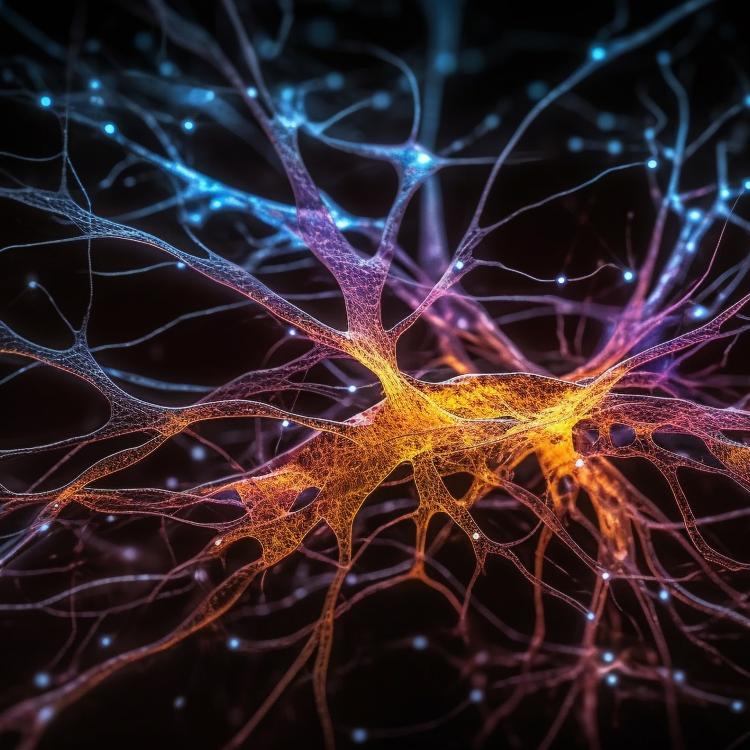This PhD project focuses on the design and evaluation of hybrid quantum–classical algorithms for large-scale data analytics and optimisation problems.
The research will investigate how quantum computational techniques can be combined with classical systems to improve performance, scalability, and solution quality for tasks such as:

